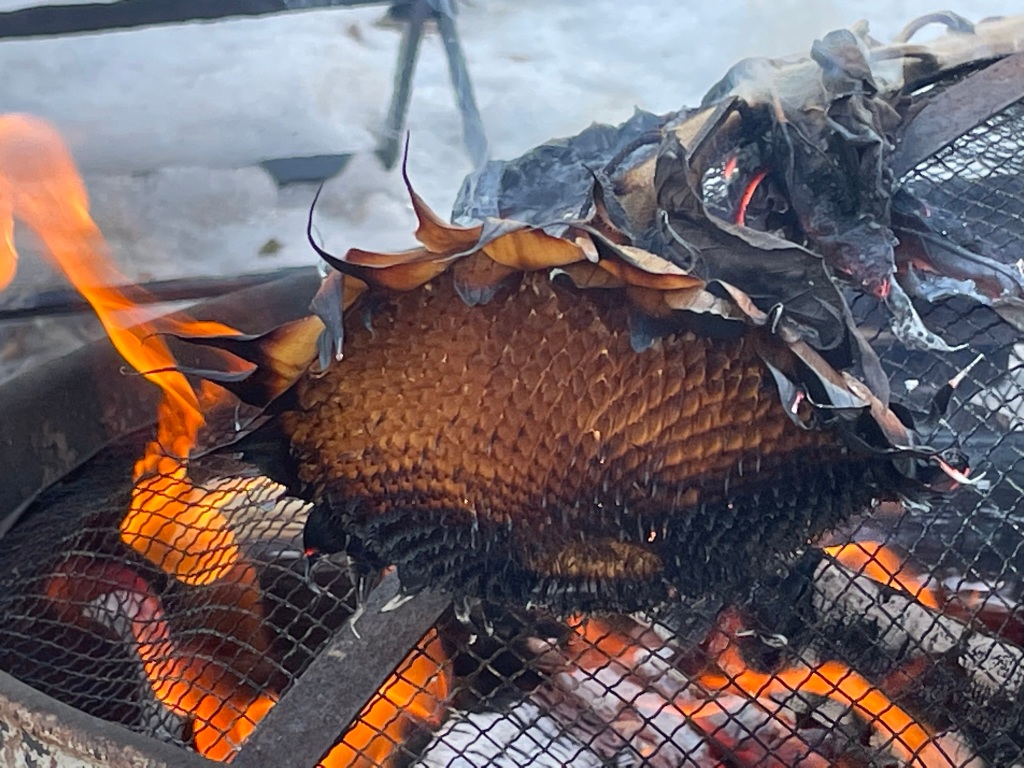I was just thinking. We inhabit such a rabid “first book” culture, due to the prevalence of MFA programs where writers essentially need one of those trophies to feel their degree has been worthwhile, that it’s easy to grow weary and jaded. Not only is this not a first book however (it’s Joelle Barron’s second) but Barron doesn’t emerge from that world where publishing seems merely another part of the required program. Having worked as a doula, parenting a daughter, living in Fort Frances (hardly one of the centres of Canada), undertaking iconoclastic and autodidactic forms of research, and living in queered interstices, all would appear to have sharpened Barron’s poetic eye and ear. Excerpts from a Burned Letter has been a bit of a revelation in the way I mostly like my poetry: fascinated by scholarship, taut with form, ringing with sonorities, unafeared of truths.

Shaped by queer desire but enabling the eros and its problematics to be framed by the epistolary genre, both imagined and real, is brilliant. Lesbian love within a convent is updated in the first sequenced piece by being melded with a girlhood experience at Sunny Cove camp where Barron’s ear is immediately apparent in such lines as: “Emotion drove into my hyoid bone, as if the butterfly/of my thyroid would rip apart its flesh cocoon, float bloodily/over the scream-bright water.” Having been raised a Catholic by an ex-nun mother, the significance of many of the religious allusions and holidays resonated with me. The guilt that always courses beneath the expression of every kind of selfhood and the forbidden. The piece, “Lilith to Eve, 2001” inhabits the voice of contemporary teens who show their “pubescent/tits to the early-2000s internet,” then meet up later on in life, unwilling to even discuss this “dark mythology,” but the invocation of the biblical figures adds that fused layer of deeper significance. Then, in the longer poem, “How Queer and Quiet it is” the histories of the word “queer,” especially as it appears “sixty-one times in The Secret Garden” or throughout Burnett’s story “In the Closed Room,” adds a cutting sub-text, both to the complexifying of the word itself and to the continual concealments in the lives of women who weren’t (or didn’t seek to be) normalized within their societies. All the epistle poems either feature possibly unknown names like “Elsie to Elizabeth, 2016” (“Home in our rococo womb” yes!) or definite historical personages, such as likely my favourite piece in the book, the couplet lyric “Aphrodite to Sappho, 2017” where “branches of malachite cast their acicular/beams, stringers of light….Let me/lay you down on this bed of invasive species.” For me, the poems where I could identify the figures were stronger as this layering of intent and import was potent, compelling my own research and allusion-hungry mind.
Lyrics that directly address the medical profession like “Phone Appointment” where the physician asks the usual questions about a woman’s experience of her compromised body such as, “Any pain?” and the speaker, versed in the impossibility of her reality being respected, notes, “what’s/the point in saying yes,” along with “Girldefined” that slams codified sexualization as entangled with religion until god is a “dude in a basement/ with a sign that says Man Cave./Hard at work creating the pussy” are powerful. It’s hard to say it like it is and still have it stand as a strong poem. Even more the case with “Ugly Pussy” that truly takes aim at the “mansplain” of academe where everything has to mean something else while Barron here has the awesome audacity to claim “poetry is how my trash mind” expresses things and thus, their craft “shoots lasers./ Pew pew!” Humour and a punch to the gut all at once. Just as with “Check all that Apply” where the speaker possibly identifies with a “1970s carpet sample” or the band name “Bitter Herb and the Rejected Gourds.” More yes. Only on occasion can the poems get too cutesy with titles that are superior to the actual pieces, like “I’m not a human I’m three poems in a trench coat” or ones that have too much Siri and Instagram in them for my liking (I can’t help it, I’m haunted by Robinson Jeffers.) But, like the last line proclaims, this dive into identity, history, sexuality, feeling and time is “lit from within” by its own wild fires.